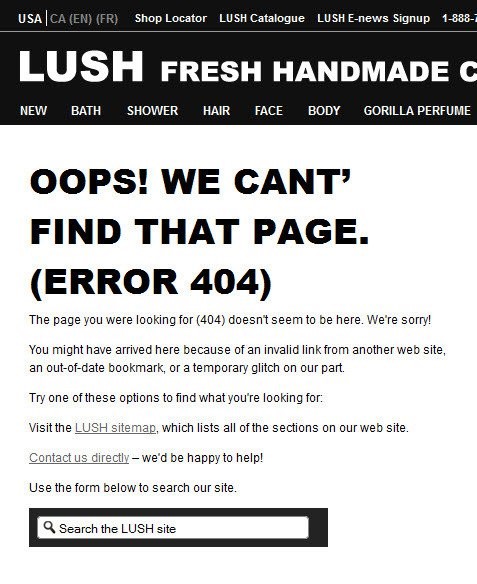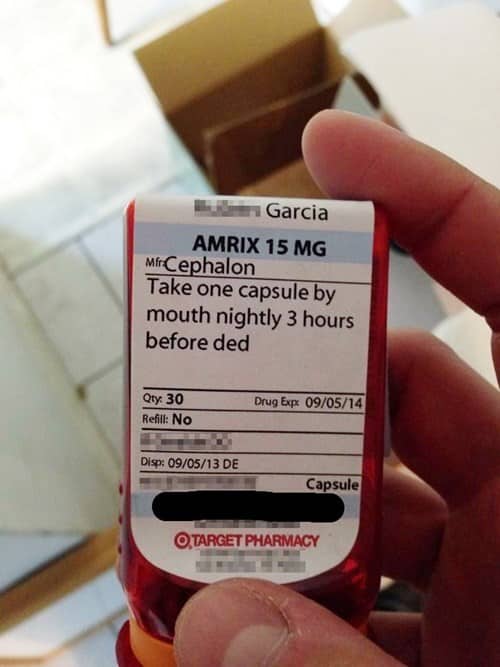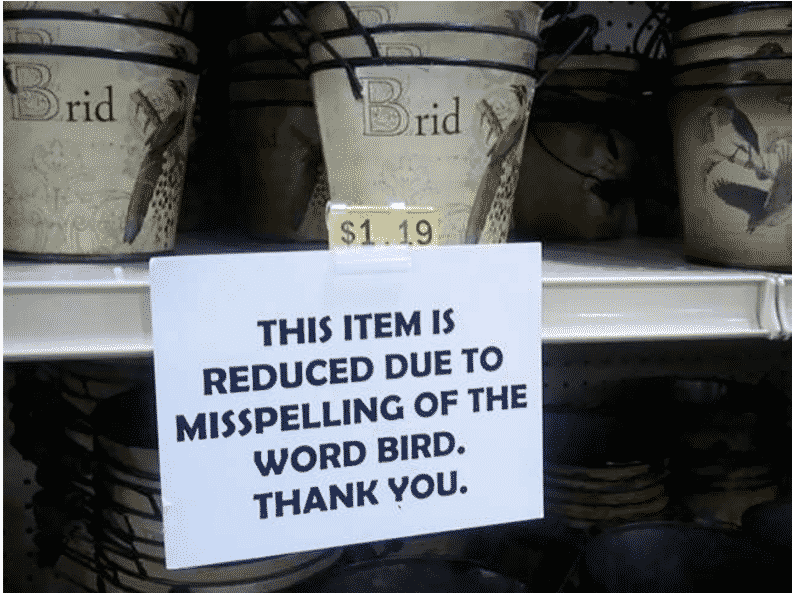
When a small mistake has big consequences…
Imagine your dream job had become available at the company you had longed to work for. You submitted an application full of relevant experience so you were fairly confident you’d get an interview at least. However, weeks went by and not one call or email. Puzzled, you check back over your application and upon closer inspection, you spot the big fat typo in the first paragraph of your covering letter, oops!! Turns out ‘you’re experience at a top advertising agency’ wasn’t quite as compelling as ‘your experience’ would have been! And unfortunately for you, 50% of hiring managers will toss a job application straight in the bin if they spot an error in the writing, no matter the level of relevant experience.[1]
Once you do land your dream job (thanks to a perfectly crafted, error-free application), you still need to be careful when sending emails to your new colleagues. Considering 2.4 million emails are sent every second around the world[2], many are bashed out in haste and sloppy mistakes are the result. And I’m not just referring to spelling and grammar errors; other missed details can also leave you red-faced, such as forgetting attachments, leaving out the subject line or sending it to Julie from HR instead of Julie from the netball team *gasp*. Of course, everyone makes mistakes, but one too many and you risk being seen as lazy or even worse, contradictory, especially if you listed ‘attention to detail’ as one of your attributes in your CV!
Accuracy, like charity, begins at home…
Even outside the workplace, it’s always worth checking your messages before hitting the send button. Although predictive text is designed to make our lives easier, in some circumstances it can act as a hindrance if you do not have your eyes peeled for typos. You only have to look on Pinterest to find pages of ‘auto-correct fails’. Here are a couple of my favourites:


The long-term impact
Although one or two spelling mistakes are easily forgiven, the long-term consequences can be considerably more detrimental than you realise. A study by Grammarly examined the LinkedIn profiles of 100 native English-speakers in the consumer packaged goods industry across different levels of seniority. They found that those who failed to progress to a director-level position within the first 10 years of their careers made more than twice as many grammar mistakes than their director-level colleagues, proving good grammar pays off![3]
Typos – a brand’s weapon of self-destruction
But don’t worry, it’s not just individuals who are guilty of forgetting the devil is in the detail; in fact, it’s remarkable how many big brands go to print with copy that wouldn’t pass a simple spellcheck. As a result, first impressions can be ruined, credibility reduced and reputations tarnished. Remember, nobody wants to be the star of a viral internet meme!
Here’s a handful of the most cringe-worthy: [4]
If there were an award for the most ironic spelling mistake it would have to go to H&M for its use of the word ‘Genious’.

And nothing says sloppy like following up a mistake with a mistake. We’re looking at you, LUSH Cosmetics!

I don’t know about you but I won’t be jumping out of ‘ded’ to take these capsules from Target Pharmacy.

And my personal favourite has to be this Homeware store that truly paid the price for a spelling mistake. Even the sign seems to scream, “Yes, we KNOW!”

Check, check and check again!
Although I’ve had a little giggle whilst researching these examples, it has also opened my eyes to the importance of accuracy. Needless to say, I’ve read through this blog several times with my eyes peeled to make sure I haven’t included any myself (talk about pot calling the kettle black) as I know how easy it is to do.
With this in mind, I’ll finish by sharing my top tips to avoid the dreaded typos:
- Triple check all your work before hitting the save or send button. I find it useful to change the colour of the font in a document to blue and only change it to black once I’ve proofread every single word.
- They say two eyes are better than one and this is certainly the case when it comes to proofreading. Even if you’re sure you’ve spotted all your potential typos, it’s always best to ask a colleague or friend to review your text too. A few minutes of their time could save you from the serious consequences above!
- Be aware of overused filler words such as very, furthermore, actually, mostly etc. You’ll find they aren’t always necessary and cutting them out will make your writing more concise and read better.
[1] http://www.telegraph.co.uk/finance/jobs/7151528/Half-of-employers-bin-job-applications-with-spelling-errors.html
[2] https://www.lifewire.com/how-many-emails-are-sent-every-day-1171210
[3] https://www.grammarly.com/press-room/research/docs/Good%20Grammar%20Will%20Get%20You%20Promoted_03.2013.pdf
[4] https://blog.hubspot.com/marketing/14-worst-typos-ever
